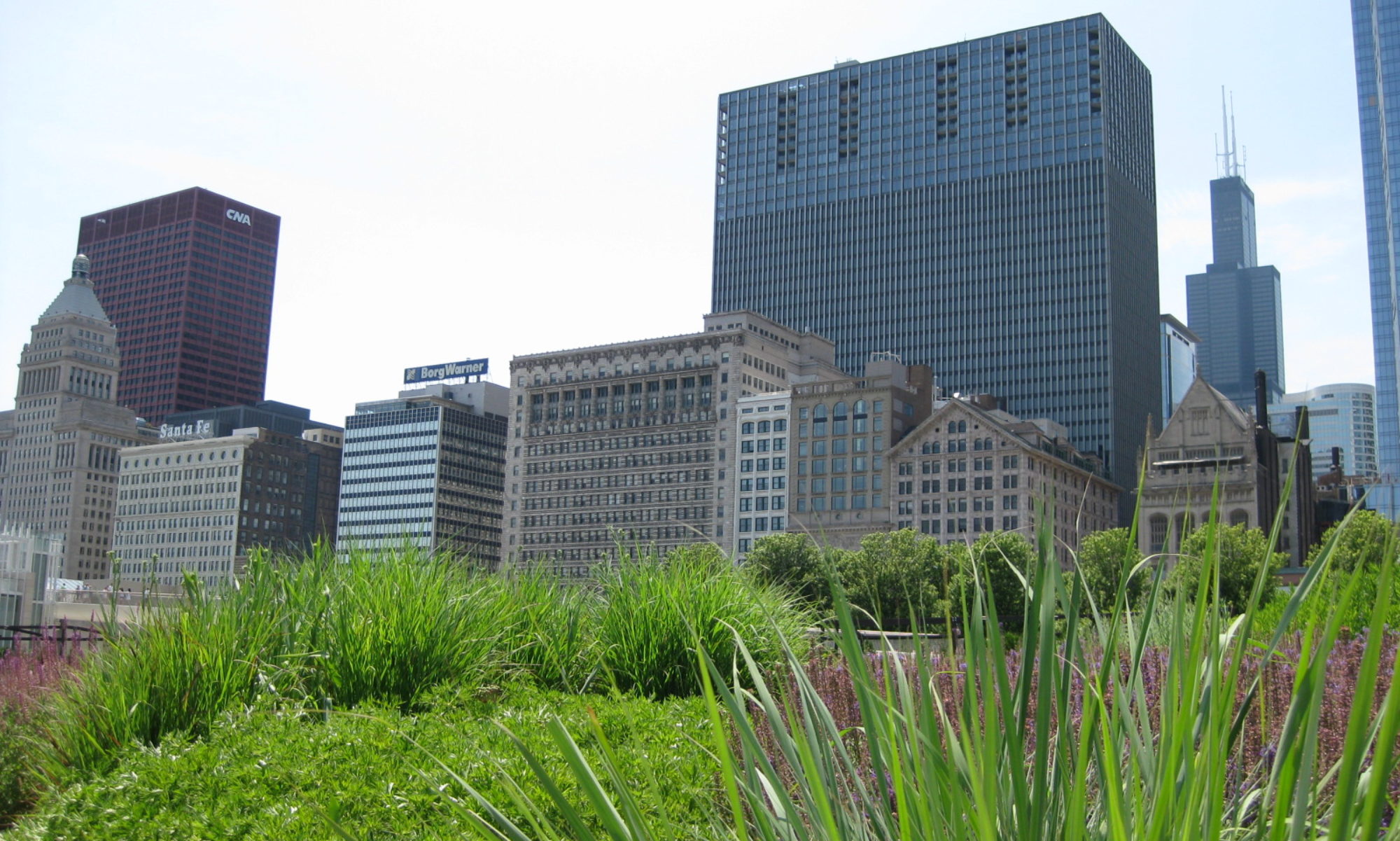I have a goal for myself of reading one academic book a month outside of my regular research. It’s more challenging than I would have thought to find the time to just read one chapter here and there, but it’s good to know what’s going on in the world of geography.
This month, I read David Wilson’s Chicago’s Redevelopment Machine and Blues Clubs. Let me say first that I highly recommend reading the work of people in your own department: you can just hear them saying the words that are on the page, and you also get to know them better through their writing.

I’ve written my own book about Chicago, and I always love reading others’ takes on one of the most well-studied cities in the world. Wilson’s perspective is from a part of the city that academics don’t often see: the residents of the South Side and their participation in urban life through the blues clubs for which the city is famous. These clubs are under threat, however, from the “redevelopment machine” and the ways in which it draws on those clubs as authentic local culture while bringing in the forces of gentrification to eventually tear them down or commodify them into an “authentic” experience for outsiders rather than a vital community resource.
I really enjoyed the chapters that put forth an ethnography of blues clubs, because they clearly showed the internal trade-offs and the push-pull nature of gentrification at the level of the establishment. Club owners try to bring in different kinds of music or more expensive drinks to attract a more upscale clientele. Club patrons recognize this as a business strategy, but they also resent and sometimes push back against the perception that this place that’s so important to them is trying to change. One of Wilson’s main contributions with this book is to illustrate how gentrification operates through commercial establishments, not just changes in housing stock, and I think it’s worth reading for that alone.
When David was doing the ethnographic work for this book, I remember him telling me about making the two-hour-plus drive home to Urbana from these clubs very, very late at night, not to mention the time it took to just hang out in order to gain the trust of the people he was studying. Judging from the book, I would say it was worth it!
